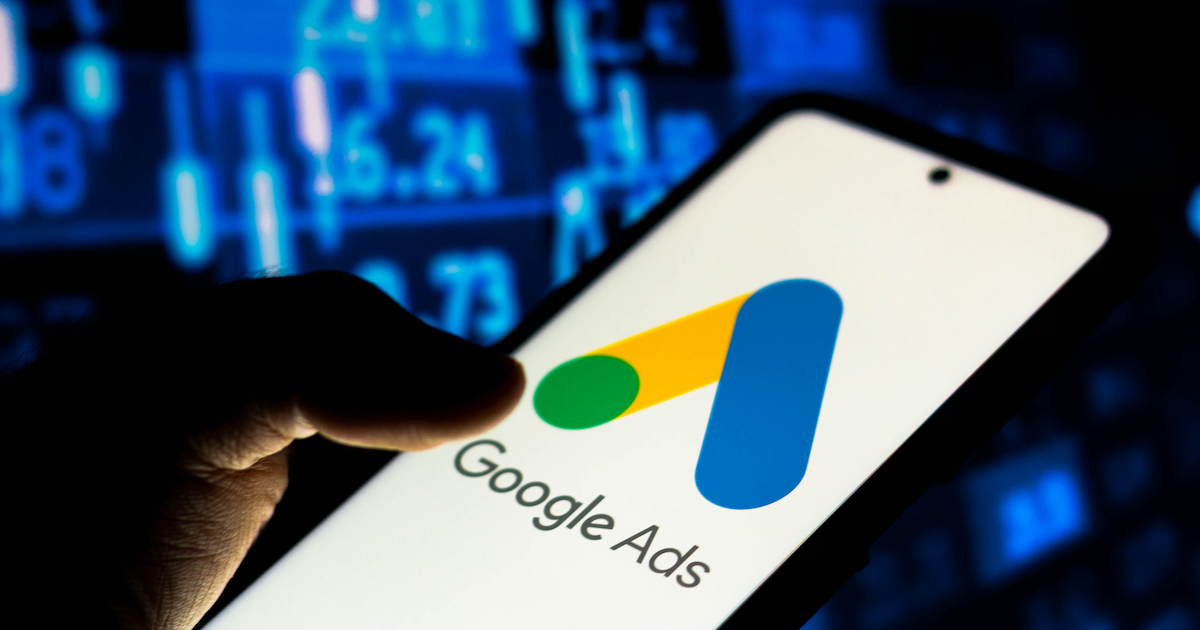In a significant policy update, Google announced that it will permit advertisements for NFT gaming starting September 15. The change comes as part of the tech giant’s revised advertising guidelines for cryptocurrencies and blockchain-based games. While the policy opens new avenues for NFT gaming advertisers, it also imposes stringent conditions.
Ads must not contain gambling content, and advertisers must comply with Google’s gambling and games policy, secure the necessary Google Ads certification, and meet specific requirements. The updated policy will have a global reach, and non-compliance will result in a warning issued at least seven days before any account suspension.
What Does This Mean for NFT Gaming Advertisers?
The policy update presents both challenges and opportunities for advertisers in the NFT gaming sector. On one hand, the new guidelines offer a legitimate platform for NFT gaming companies to reach a broader audience through Google’s extensive advertising network. This could potentially lead to increased visibility and user engagement for NFT games.
However, the policy also sets forth strict conditions that advertisers must meet. These include adherence to Google’s gambling and games policy, which prohibits content that promotes gambling. Additionally, advertisers must obtain Google Ads certification, a process that involves meeting specific legal and operational requirements. Failure to comply with these conditions will result in penalties, including the possibility of account suspension.
Impact on NFT Landscape
The policy change is indicative of a broader shift in the advertising landscape for NFTs. By allowing NFT gaming ads, Google is acknowledging the growing significance of blockchain technology and its applications in various sectors, including gaming. This move could serve as a precedent for other advertising platforms contemplating similar policy updates, thereby potentially expanding the advertising avenues available to NFT companies.
However, the policy also reflects Google’s cautious approach to the volatile and often controversial cryptocurrency market. The stringent conditions imposed aim to ensure that only legitimate and compliant businesses can advertise through Google’s platform. This could lead to a more regulated and standardized advertising environment for NFTs, which, in turn, could contribute to greater consumer trust in these technologies.
Implications for the Future
As the NFT gaming industry continues to evolve, advertising policies like Google’s will likely play a crucial role in shaping its growth trajectory. While the updated guidelines offer new opportunities for market visibility, they also impose a level of accountability on advertisers. This dual approach could serve to both stimulate the industry and safeguard consumer interests.
The policy update is a noteworthy development in the rapidly changing NFT landscape. It underscores the increasing recognition of these technologies while also emphasizing the need for responsible advertising practices. As other platforms potentially follow suit, the advertising landscape for NFTs is set to become more dynamic and regulated.
Credit: Source link






























